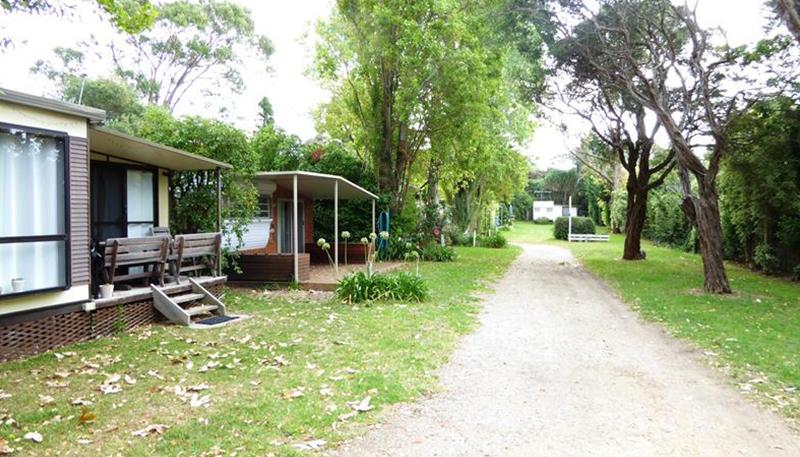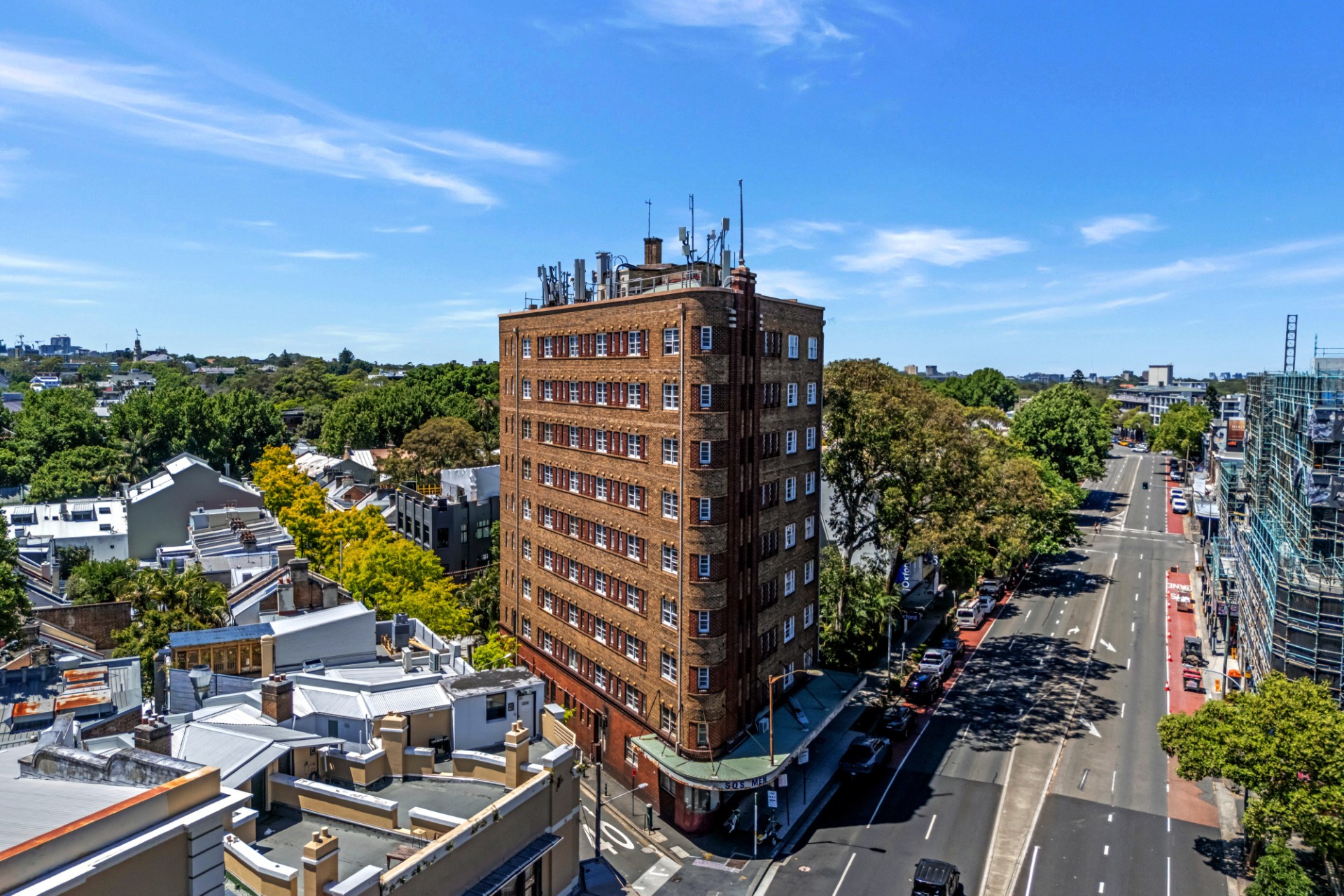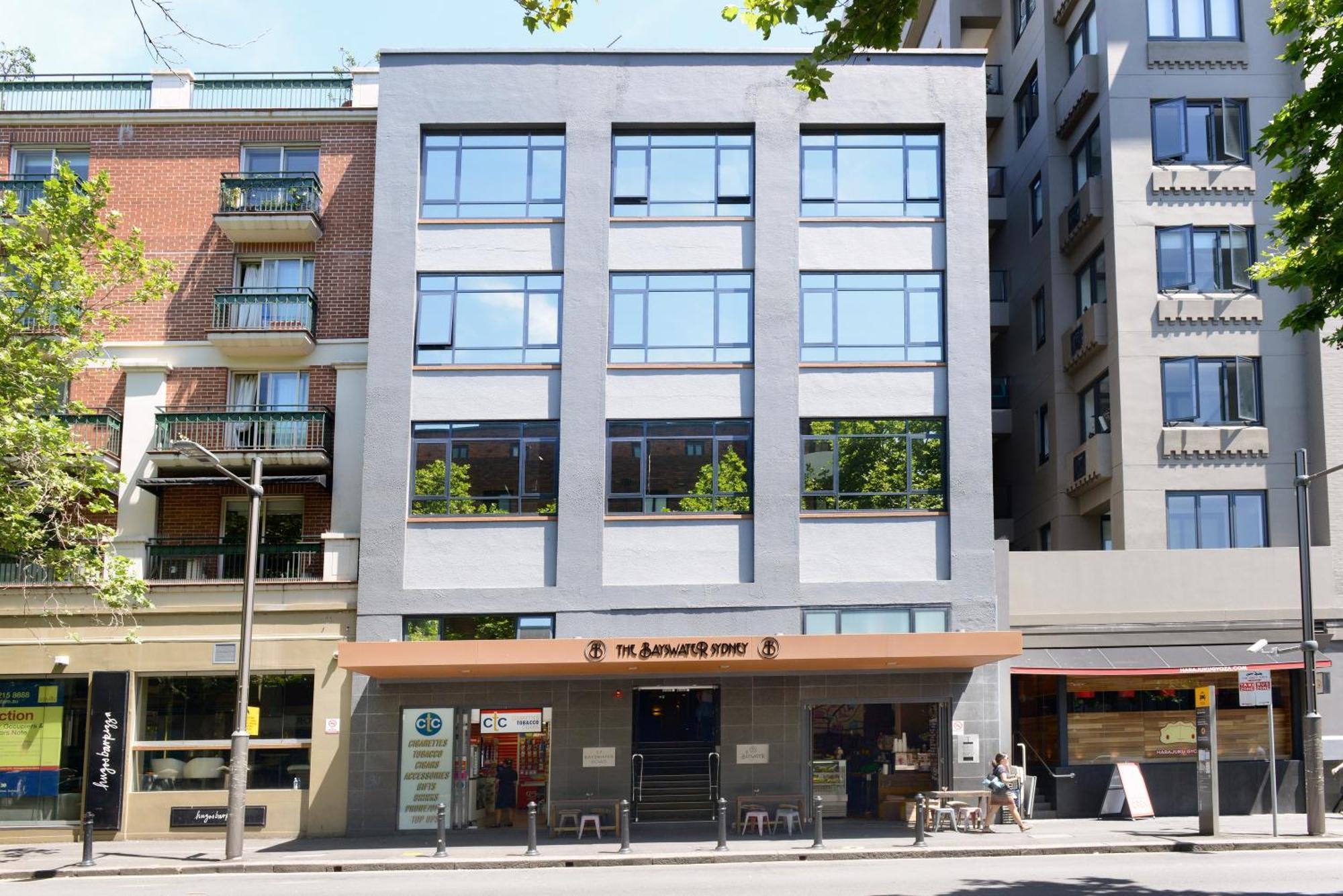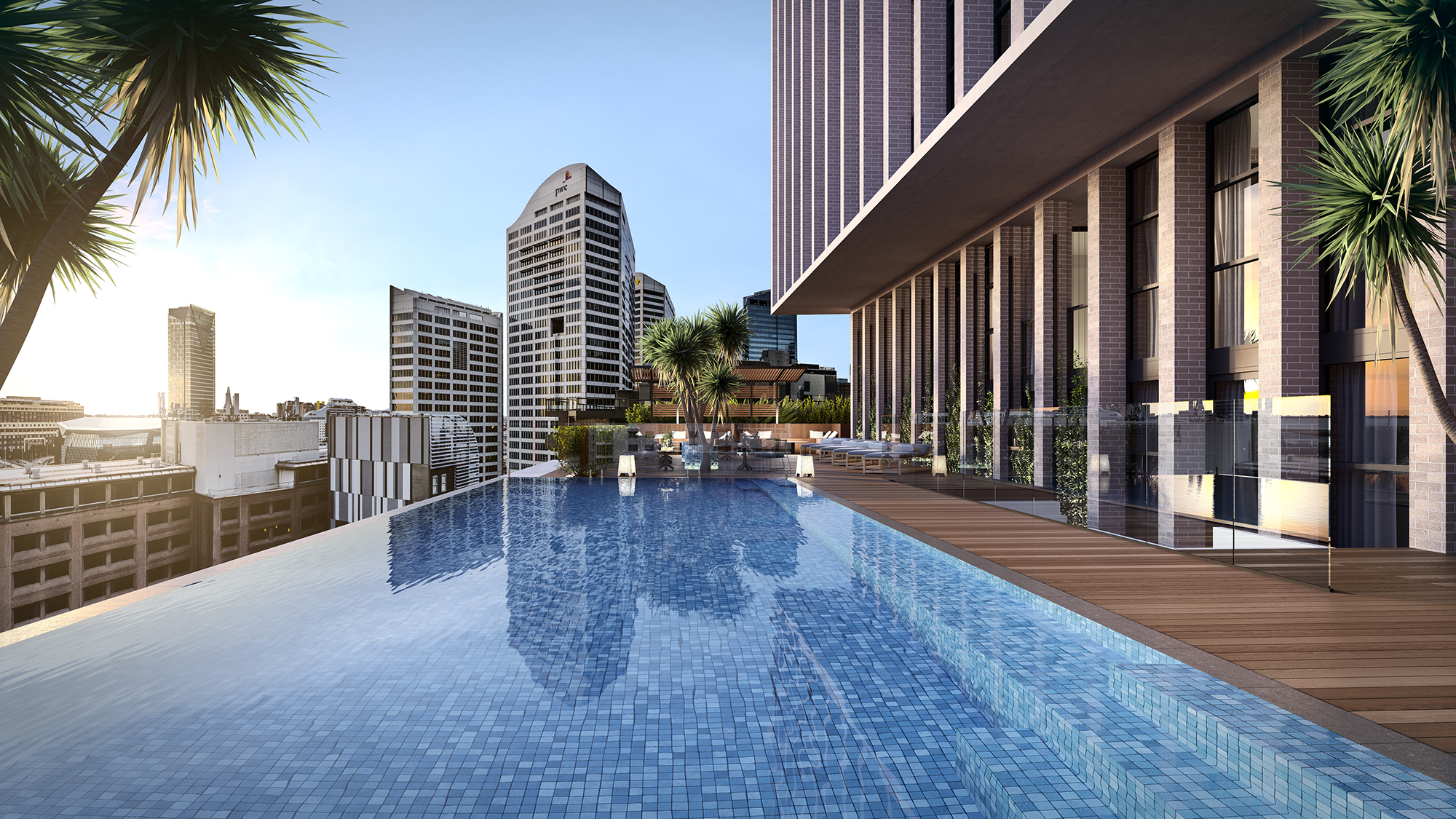
Image via Mornington Peninsula Caravan Parks
Australia’s fast-growing caravan park sector is undergoing a significant transformation, with private investors increasingly finding themselves competing against heavyweight corporate buyers. As reported by the Australian Financial Review, the rapid expansion of the industry, now valued at around $10 billion, has intensified competition for well-located holiday parks, driving yields down and pushing asset values higher.
One example capturing this shift is family-owned Moonah Tree Capital’s recent acquisition on Victoria’s Mornington Peninsula. The Thomas family, long connected to the region, secured Blairgowrie Caravan Park and an adjoining land parcel for $9.5 million, edging out developers attracted by the site’s valuable residential zoning and coastal positioning.
Generational Knowledge Meets Investment Strategy
Moonah Tree Capital’s principals, Laurie Thomas and his children Scott, Felicity and Anthony, bring a blend of finance expertise and deep local familiarity to the venture. Managing director Scott Thomas said the family’s history on the peninsula shaped their investment approach, having spent decades of summers in the area since his parents purchased nearby land in 1975.
Thomas said soaring property prices and rising accommodation costs have made traditional holidaying in the region increasingly inaccessible. The Blairgowrie opportunity, he noted, offers a way to preserve an affordable lifestyle experience while positioning the business competitively in a sector now dominated by major institutional players.
A Market Redefined by Corporate Scale
Industry consolidation is accelerating. Groups such as G’Day Group, majority-owned by Australian Retirement Trust and holding a $2 billion portfolio, and Tasman Group continue to acquire long-held, family-run parks nationwide. Their presence has reshaped market dynamics, pushing yields down as more capital chases the limited supply of quality assets.
Kevin Connolly, founder of specialist brokerage CRE Brokers, said that while caravan parks were almost exclusively family-owned a decade ago, corporates now play a decisive role. “Prices have absolutely skyrocketed,” he noted, with yields compressing from 10–14 per cent ten years ago to around 8–9 per cent today.
Strong Demand Reinforces Investor Appetite
Domestic travel continues to surge, particularly among Australians aged 30 to 54, a demographic shift from the formerly dominant over-55 market. New research shows visitors spent $10.6 billion at caravan parks and campsites in 2024, contributing $27.1 billion to the national economy, a remarkable 46 per cent rise over the past decade.
This momentum has bolstered returns for holiday park and land-lease operators. Notable recent transactions reflect the trend:
- Hometown Australia divested Beach Haven Village in Ulladulla for $9.23 million, achieving a 7.18% yield.
- Eureka Group, an ASX-listed operator, acquired Benalla Tourist Park for $11.7 million on an 8% yield.
HTL Property national director Andrew Jackson said corporate operators such as Ingenia Communities and Eureka Group are now more active in the space than traditional developers. He added that modern, resort-style parks command daily cabin rates that rival nearby hotels, with robust occupancy levels to match.
A Sector Entering Its Next Phase
With strong domestic tourism, rising investor interest, and maturing operational models, Australia’s caravan park industry is entering a new chapter, one defined by professionalisation, large-scale capital inflows and increased competition at every level.
For families like the Thomases, success may hinge on leveraging authenticity, local connections and a long-term vision in a market that no longer resembles the informal, community-centred landscape it once was. Yet their entry signals that private investors with passion and strategy still have a place in the evolving world of holiday parks.






